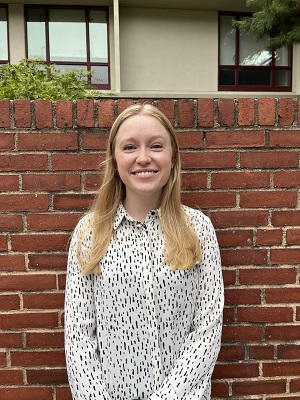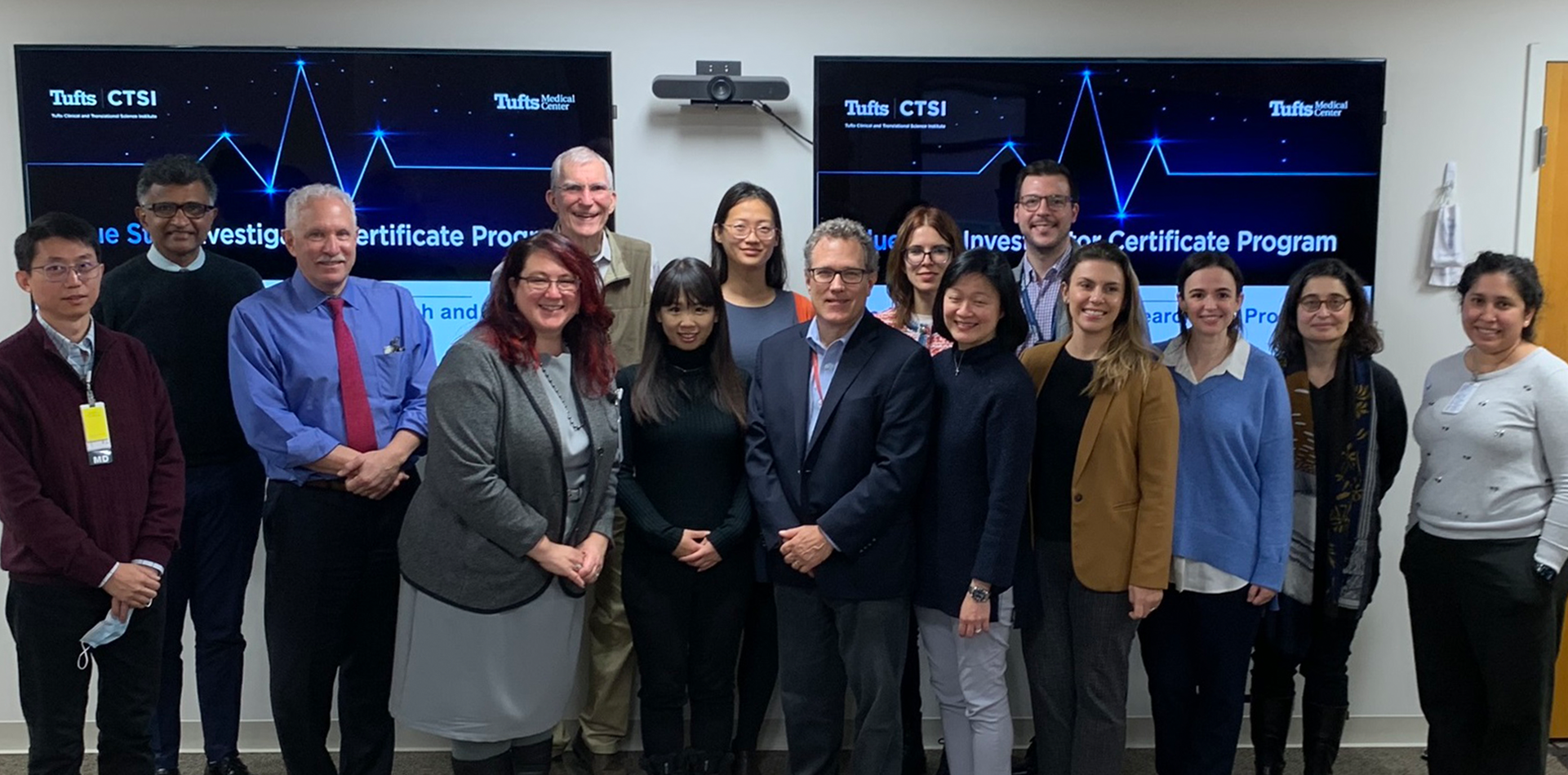Scientific collaboration can be the product of a chance encounter. Two people meet, find they have something in common—research interests, health policy views—and decide to work together. Take, for example, the simple beginning of the ongoing collaboration between Tufts CTSI and the Museum of Science. Peggy Newell, Vice Provost of Tufts University, was talking at a local function with Ioannis (Yannis) Miaoulis, Director and President of the Museum of Science, and happened to mention Tufts CTSI’s goal of community engagement. Dr. Miaoulis had come to the Museum after a distinguished association with Tufts University. He had been Dean of the School of Engineering, Associate Provost, Interim Dean of the University’s Graduate School of Arts and Sciences, and Professor of Mechanical Engineering. He was immediately interested in hearing more.
That conversation began a strong collaboration between Tufts CTSI and the Museum. Nowhere is this more evident than in the multimedia kiosk focusing on translational research at Tufts. In conjunction with Harry Selker, MD, MSPH, Dean of Tufts CTSI, and several other Tufts researchers, Museum staff developed and installed the kiosk, called Connect to Health Discoveries, as a central museum exhibit. Located in the Gordon Current Science and Technology Center on the first floor of the Museum, the kiosk brings visitors into the virtual world of research at Tufts, inside projects focusing on EMT treatment of heart attacks, an asthma project, and obesity studies. These projects truly show the broad range of what translational and clinical science entails. The Immediate Trial (PI: Dr. Harry Selker, PD: Joni Beshansky, RN, MPH) is a multi-center randomized placebo-controlled clinical trial to test the impact of intravenous glucose, insulin and potassium (GIK) in the pre-hospital emergency medical service setting for acute coronary syndromes (ACS). It is hypothesized that this treatment, administered as early as possible in ACS, will reduce short-term (30-day) and long-term (1-year) mortality, compared to usual treatment alone. The study of asthma (PI: Doug Brugge, PhD) is examining air quality and asthma, particularly the relationship between residential proximity to highways and asthma prevalence. The obesity studies involve both a nutrition-related project in the Tufts’ School of Veterinary Medicine (PI: Lisa Freeman, PhD) and an intervention called Shape Up Somerville, a city-wide campaign to keep schoolchildren fit. They may be different in health focus, but all of these projects share a common goal of involving the community every step of the way.
The Museum of Science also steadfastly believes in community engagement—in terms of visitors, yes, but also in terms of how those visitors learn about science and technology. Different centers throughout the Museum, such as the Gordon Current Science and Technology Center, allow visitors to focus their attention on various scientific and engineering themes. Unstaffed exhibits throughout allow visitors to learn at their own pace. Staffed programs such as twenty-minute presentations by real science professionals, like research engineers or scientists, compliment the translational science kiosk and provide a forum for engaging visitors who want more-in depth, real-time information, and the opportunity to actively participate in a dialogue with such scientists. The Museum tries to feature scientists that advance science and technology in never before seen ways. Adopting the philosophy that science is not a business as usual endeavor, these Museum presentations uniquely build on Tufts research stories portrayed in the translational kiosk, expanding daily audiences even further.
In the future, Tufts CTSI and the Museum may also continue to collaborate on forums, live discussions that are facilitated by the values and perspectives of the audience. Instead of researchers simply “telling” an audience what they intend to do about a health problem, the audience is asked to actively participate in defining the critical questions and outcomes for a health issue. A recent example of this was the forum on asthma research held with the Cambridge Public Health Department, and Chinatown and Somerville community advocacy groups. Dr. Brugge’s recent Tufts study had discovered that residential proximity to highways plays an important role in who is affected with asthma. The forum allowed community advocates to have an open dialogue with researchers and policy makers on possible future prevention strategies and policies related to this study’s findings.
Future collaborations could also be a new exhibit on life sciences and additional kiosks focusing on health topics on everyone’s mind. We encourage you to visit Boston’s Museum of Science and the translational science kiosk in the Gordon Current Science and Technology Center.



